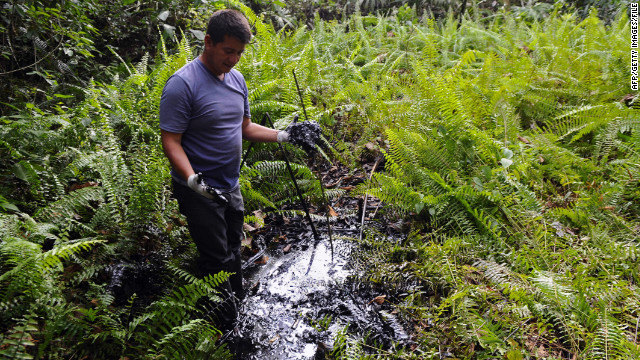By Paula Buzzi
Impunity Watch Reporter, South America
CARACAS, Venezuela — An estimated 160,000 Venezuelans living in Florida may not be able to participate in the upcoming elections after President Hugo Chavez closed the Venezuelan consulate in downtown Miami following the recent exile of Consul General Livia Acosta Noguera. The consulate served thousands of Venezuelans living in Florida, Georgia and the Carolinas.

Hundreds of Venezuelans living in Florida gathered over the weekend in downtown Miami in protest to demand that the consulate be reopened immediately. Many Venezuelans living in the Southeast depend on the consulate to, among other things, renew passports, receive pensions, transfer currency and vote.
Mario Di Giovanni, a student at Florida International University, helped organize the protest. “There are a lot of things necessary for the day-to-day life of Venezuelans here that cannot be done now that we don’t have the consulate,” Di Giovanni said. He is asking for the rights of Venezuelans to be defended.
One of the biggest concerns surrounding the closing of the consulate is the question of how Venezuelans will be able to register and vote in the upcoming presidential elections in Venezuela where Chavez is seeking another six-year term. Although Venezuela’s National Electoral Council has promised Venezuelan’s living in the United States that they will be able to vote, protestors say they have yet to receive any information. The opposition primary in Venezuela is on February 12.
There has been some speculation that reason behind Chavez’s decision to close the consulate is to sabotage the primary elections of the oppositions. Chavez denies that accusation, and instead, blames the United States for the closing.
“Now that we are closing the consulate administratively over threats against the personnel, they’re accusing me now that it’s a plan to sabotage the primary elections (of the opposition), that it’s an outrage against the Venezuelans who live in Miami,” the Venezuelan president said during an interview with Televen.
Chavez states that he closed the consulate following an “unjust” order from Washington to exile Acosta on January 6. A documentary aired by Univision accused Acosta of having discussed a possible cyber-attack against the U.S. while working at a Venezuelan Embassy in Mexico in 2006.
Vice President Elias Jaua assures Venezuelans residing in the United States that both the Los Angeles consulate and the New York consulate are open and able to carry out consular functions. Some protestors residing in Florida, however, say that the travel to New York or California would be cost-prohibited.
For further information, please see:
Herald Tribune – Chavez Blames U.S. in Venezuela’s Consulate Closing – 24 January 2011
AFP – Venezuelans in Miami Protest Closing of Consulate – 21 January 2012
The Washington Post – Venezuelans in US Protest Closure of Miami Consulate Following Diplomat’s Expulsion – 21 January 2012
ABC News – Venezuela: Consulate Officials in US Threatened – 15 January 2012
Fox News – Latino Chavez to Close Venezuelan Consulate in Miami – 14 January 2012



